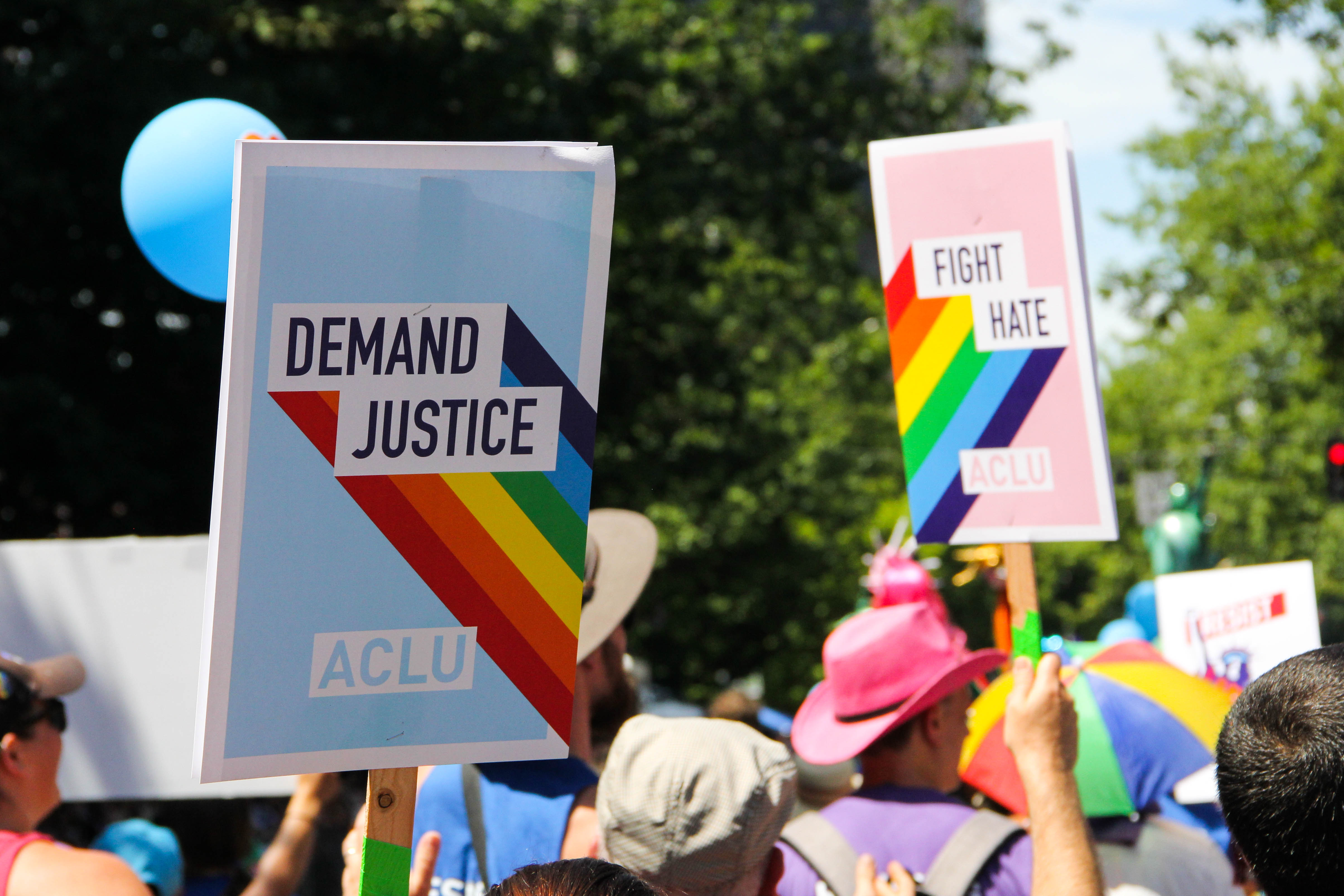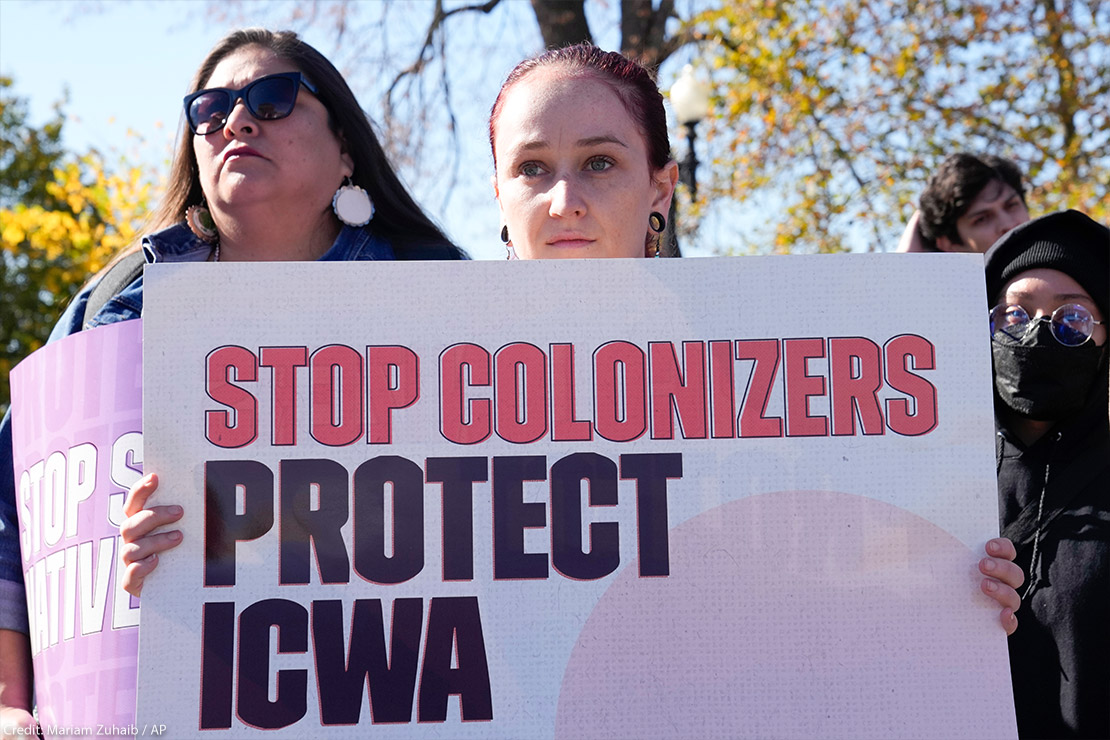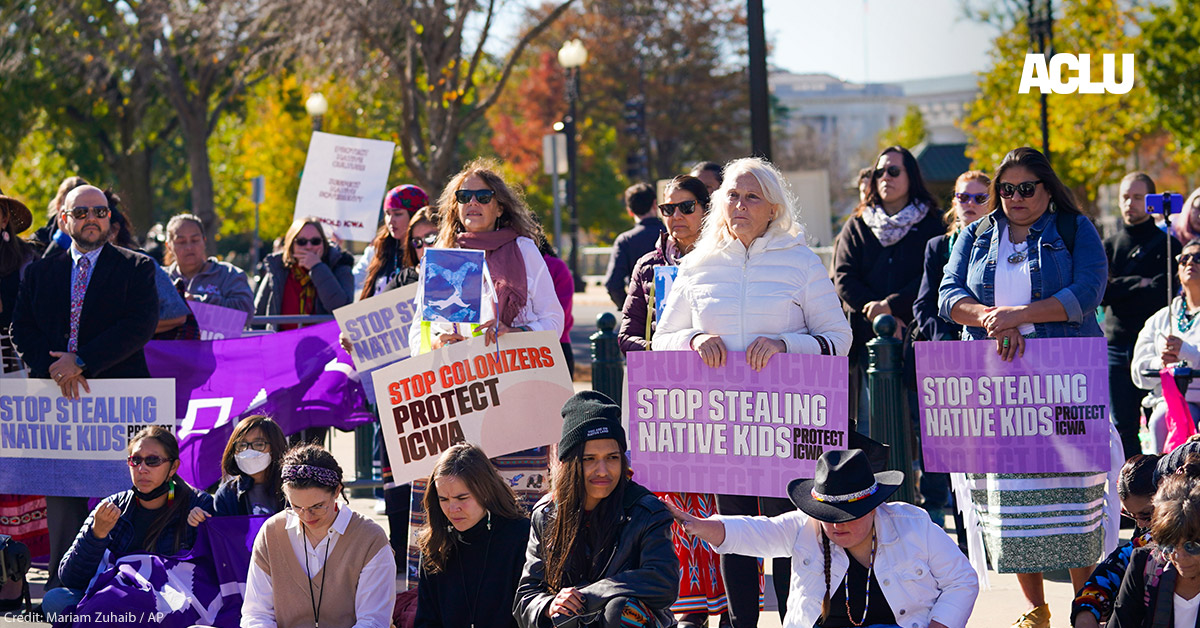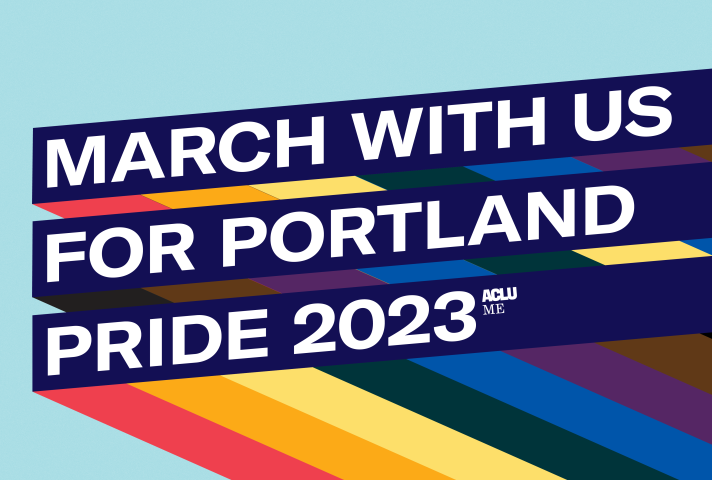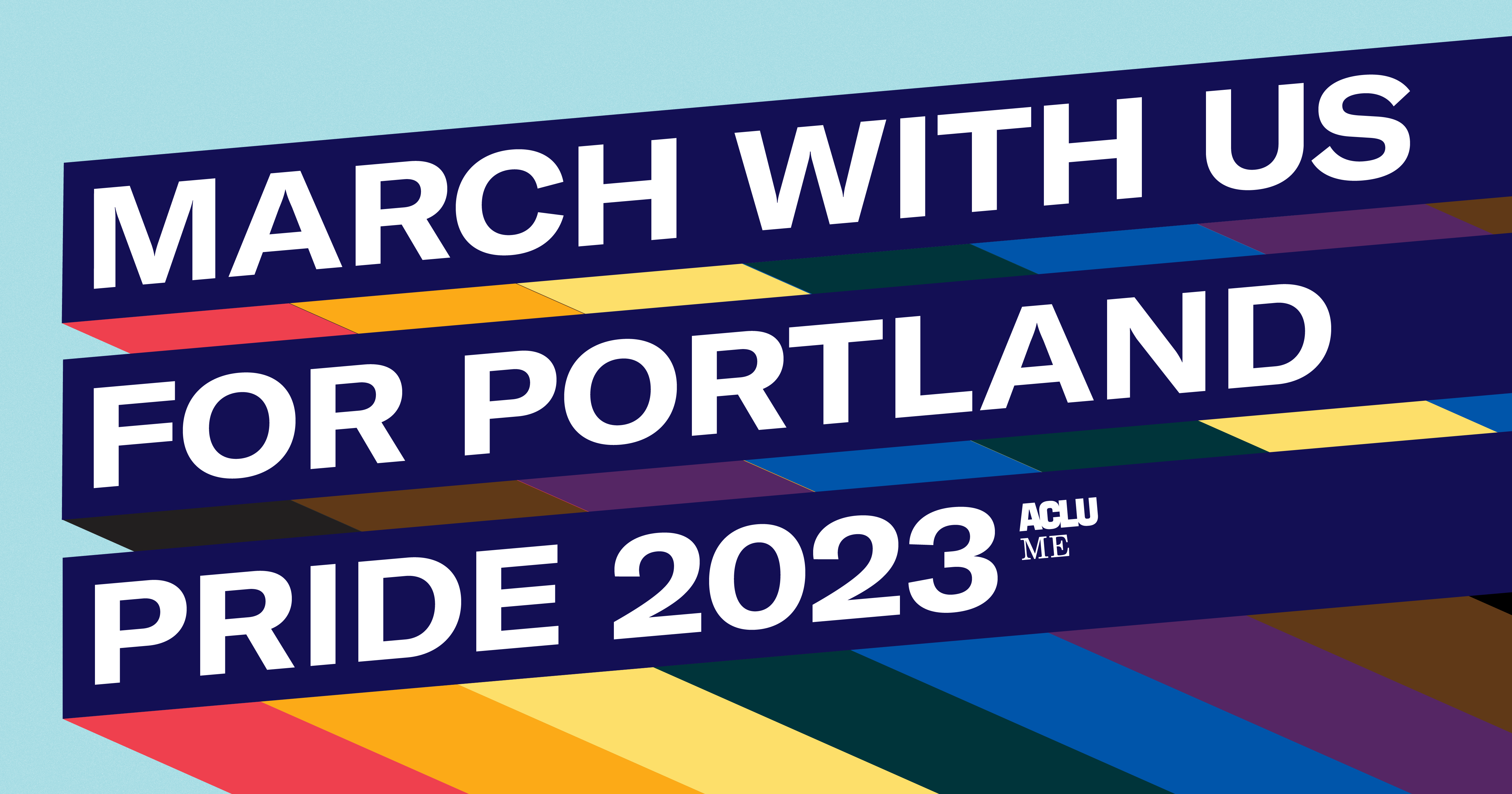The Supreme Court issued a landmark victory for tribal sovereignty by rejecting all the constitutional challenges to the Indian Child Welfare Act (ICWA) in Brackeen v. Haaland, requiring state courts to make active efforts to protect Native children and keep Native families together. Congress passed ICWA in 1978 to address the nationwide crisis of state child welfare agencies tearing Native children from their families and placing them in non-Native homes, in an attempt to force Native children to assimilate and adopt white cultural norms.
Since 1978, 14 states have passed their own state ICWA laws to strengthen the implementation of all aspects of the Indian Child Welfare Act. Now that the Supreme Court has reaffirmed ICWA, now is the time for states to take action and pass their own state laws building on the protections in the federal law. The map below shows where states have already enacted such state laws.

Fighting to Keep Native Families Together
Less than half of Native Americans live in a state with an ICWA law on the books. Email your state representatives and urge them to pass or update their state ICWAs to protect Native children and recognize placement preferences created by tribal governments.
Along with essential procedural protections, the federal ICWA created a placement preference to promote the stability and security of Native American tribes and families. For any adoption of a Native child under state law, preference must be given to placements with: (1) a member of the child’s extended family; (2) other members of the Native child’s tribe; or (3) families from other Native American tribes. The majority of state ICWA laws incorporate identical or near-identical placement preference language as the federal ICWA, with a few exceptions. For example, some states prioritize placements with families of other Native American tribes that are of similar cultures to the Native child, while other states create a fourth preference for non-Native families that are committed to maintaining the child’s connection to their tribe and culture.
